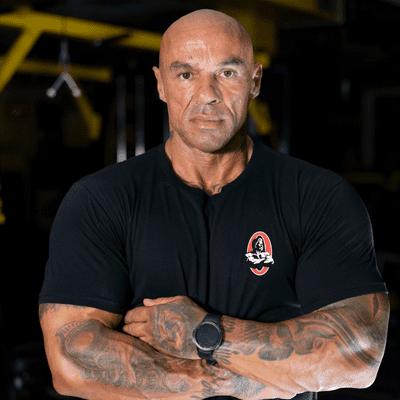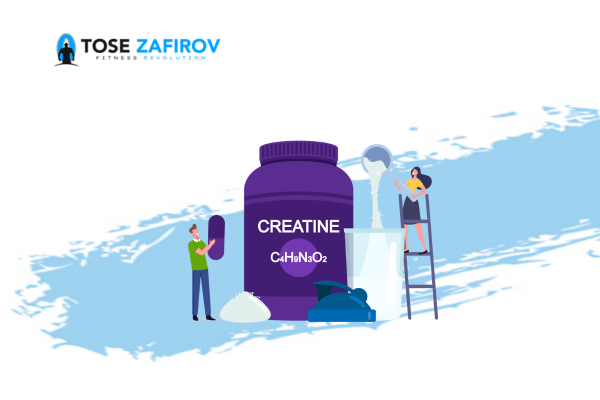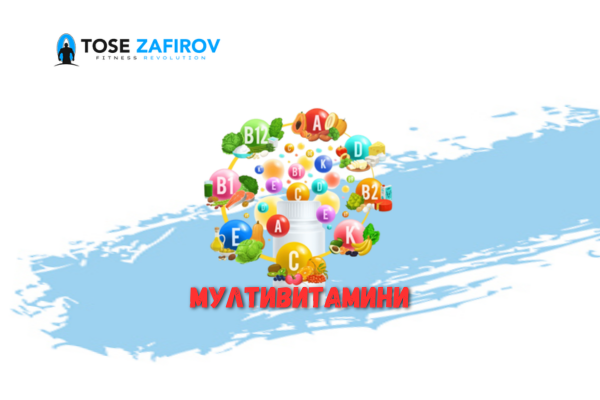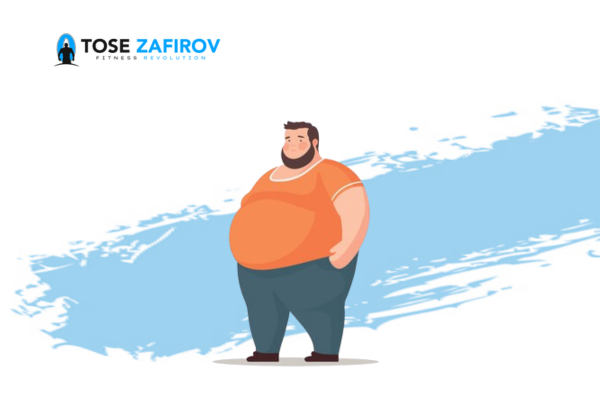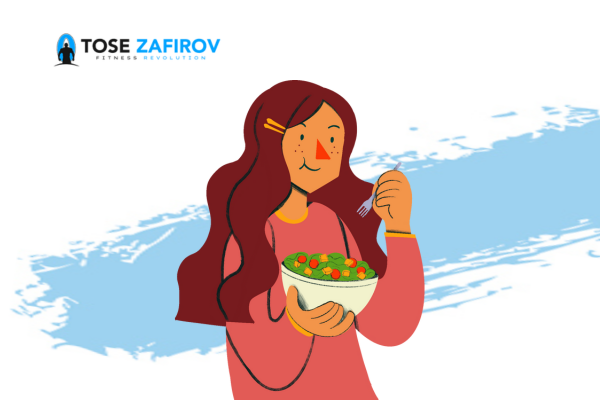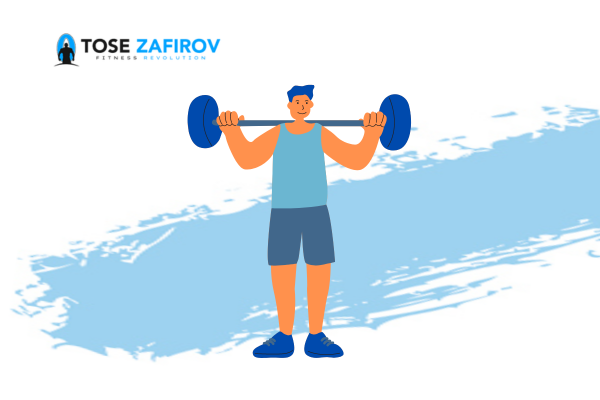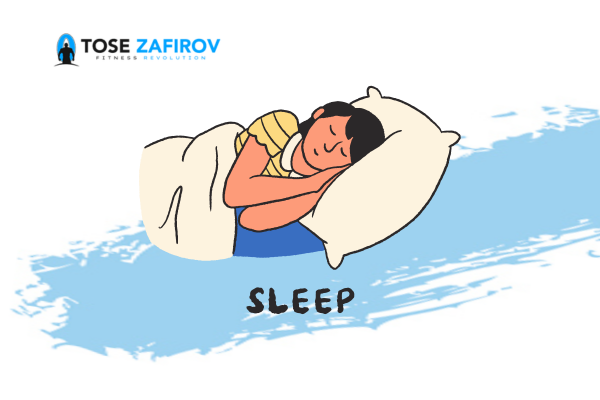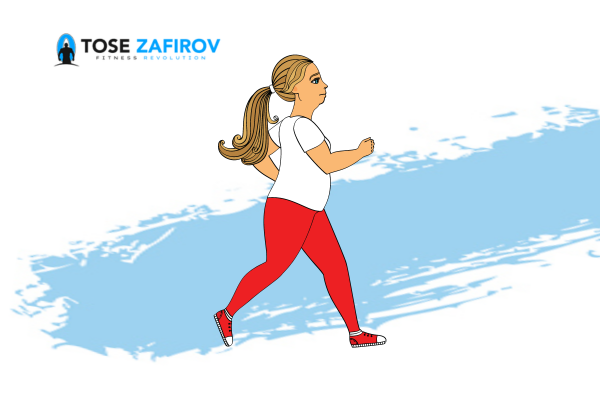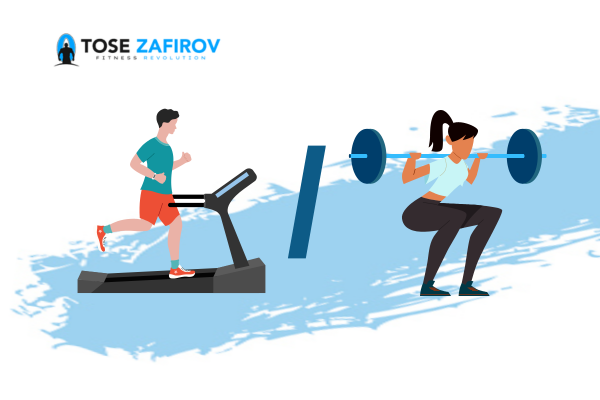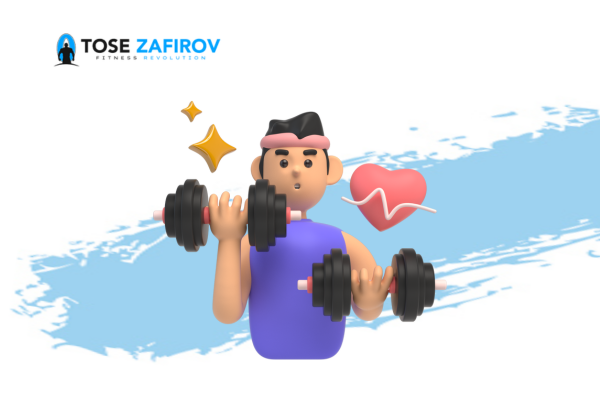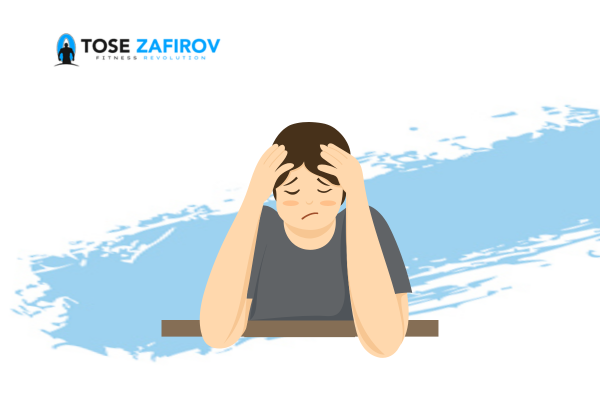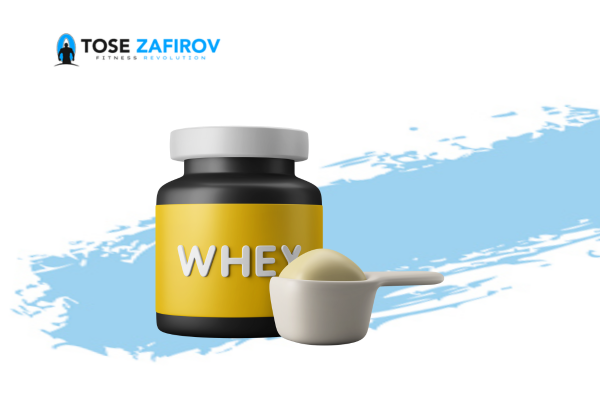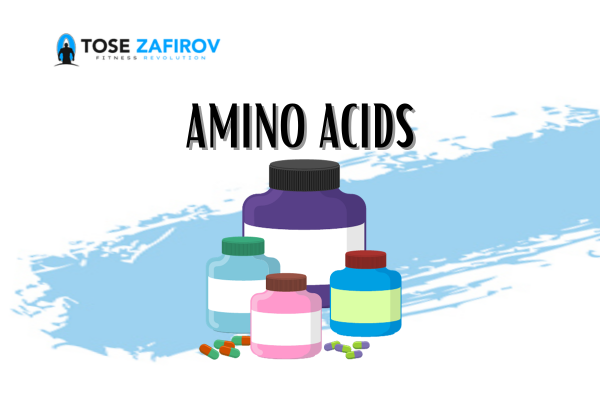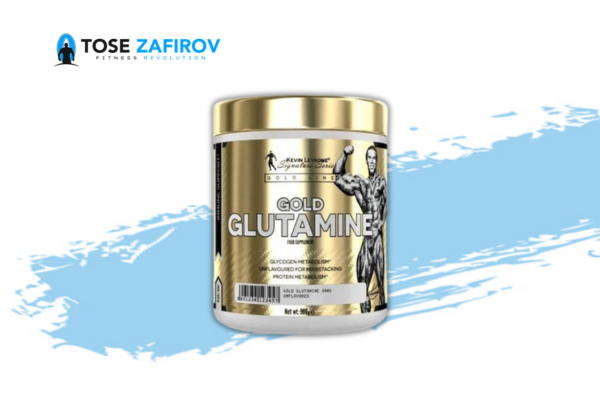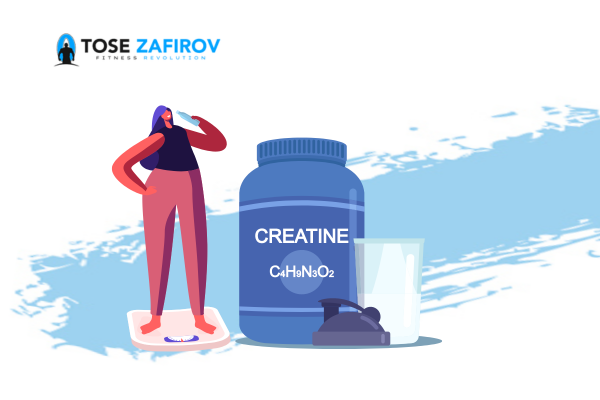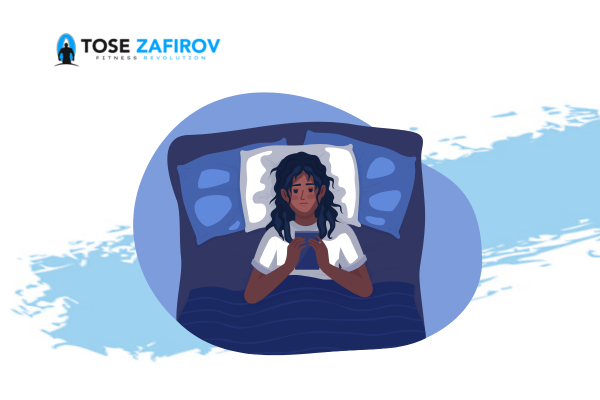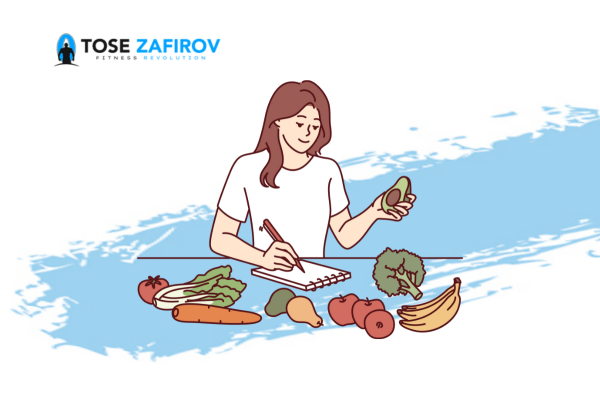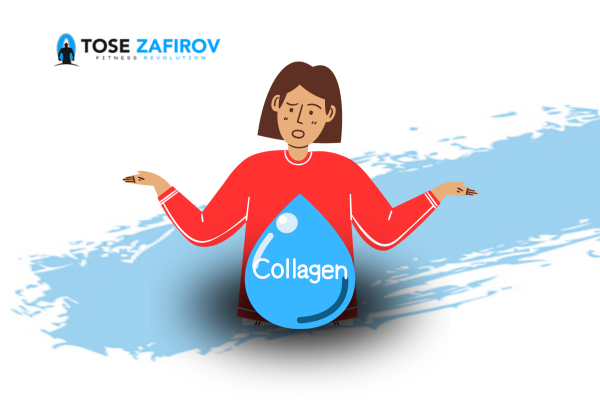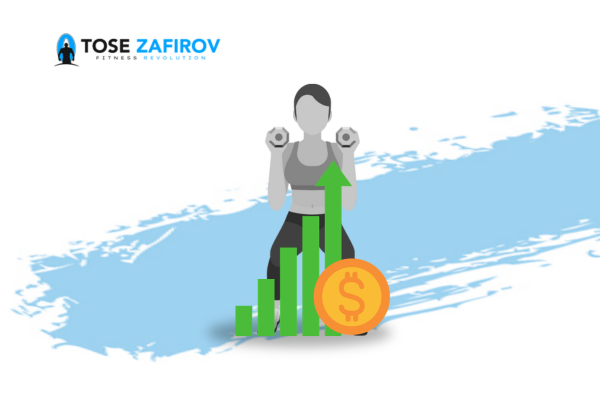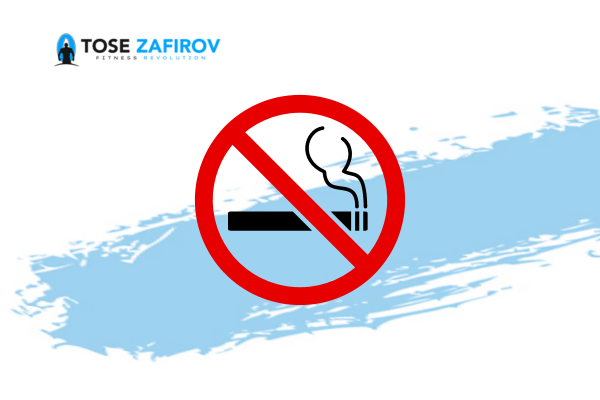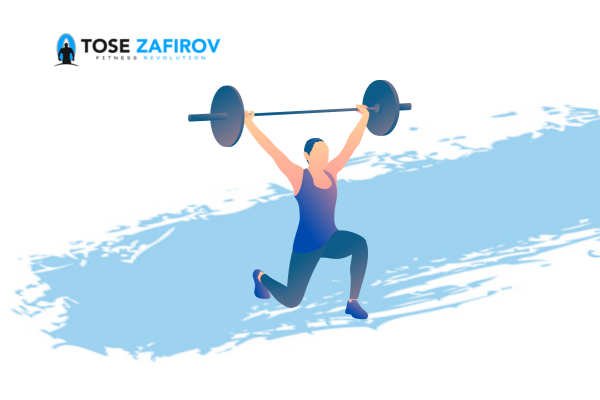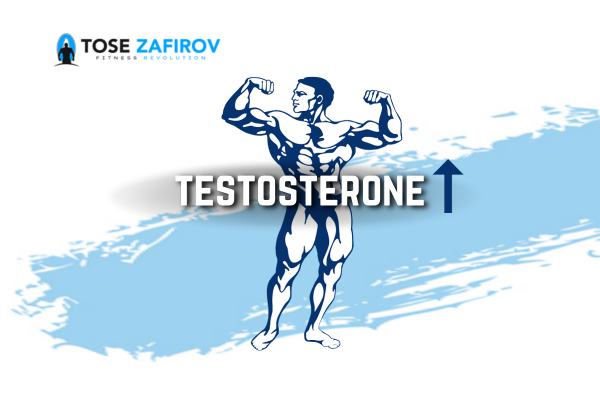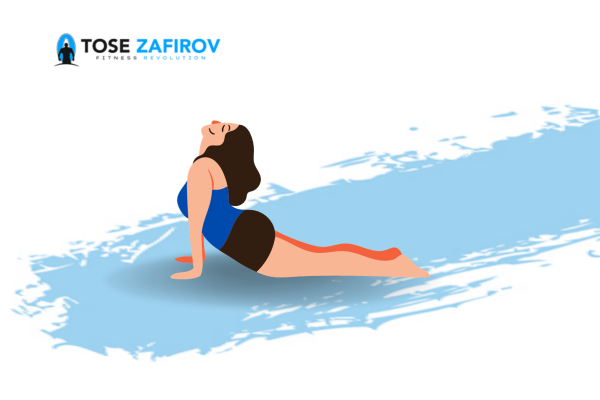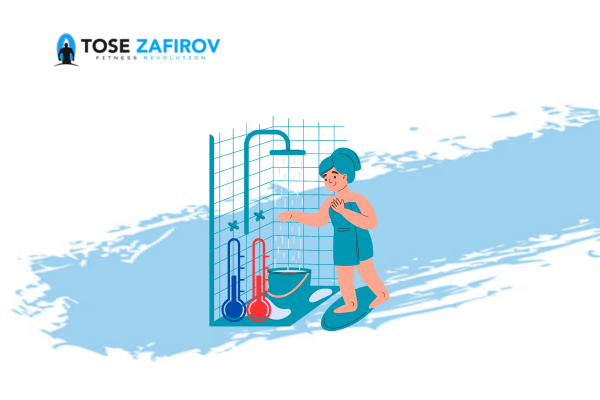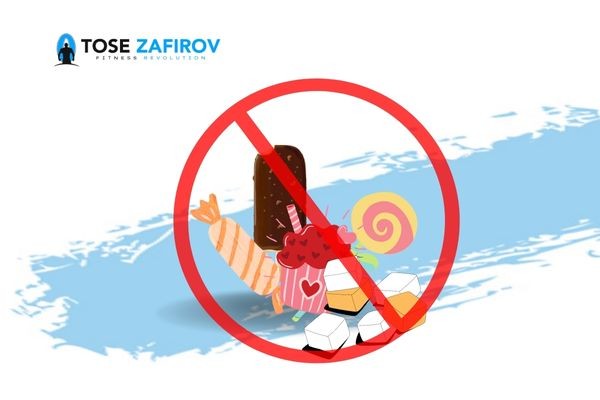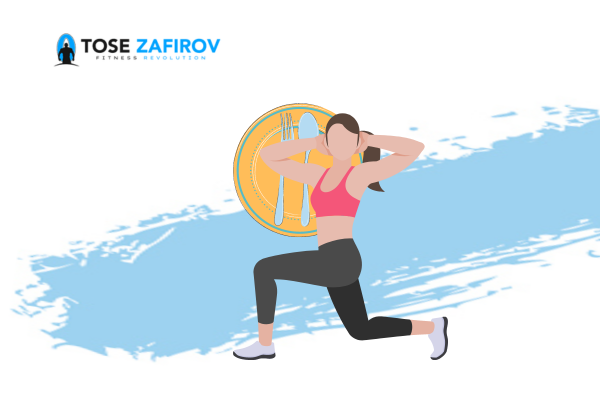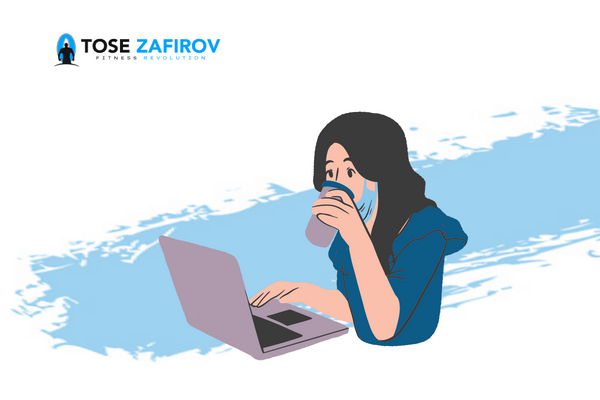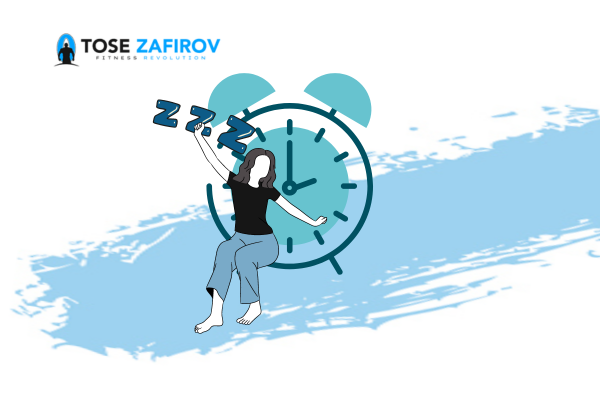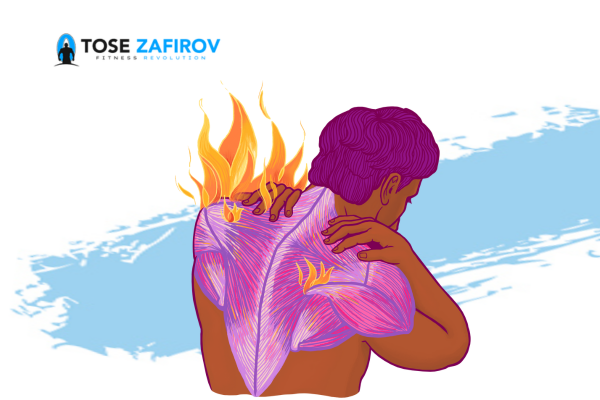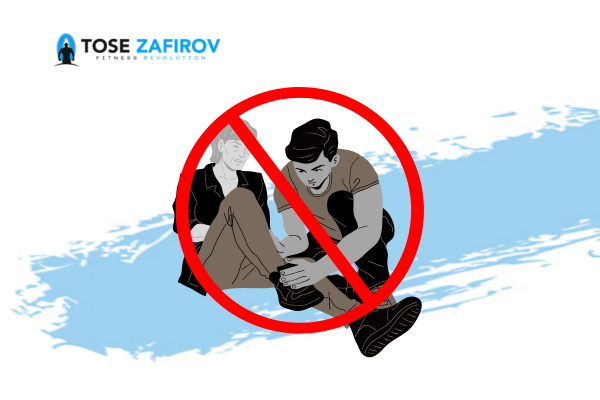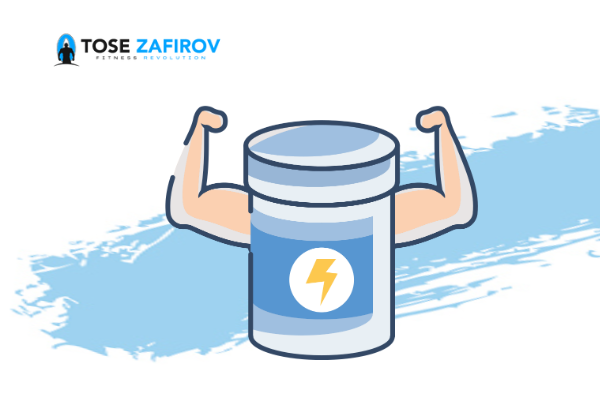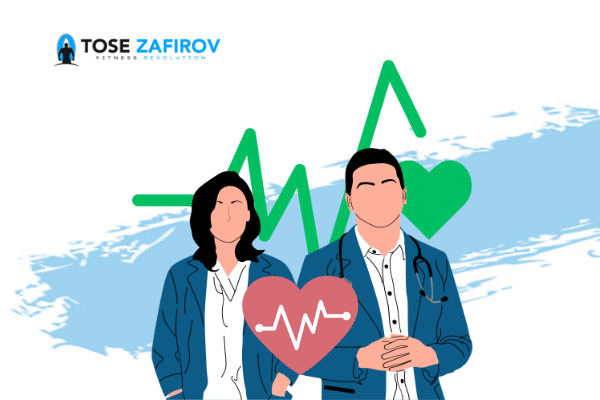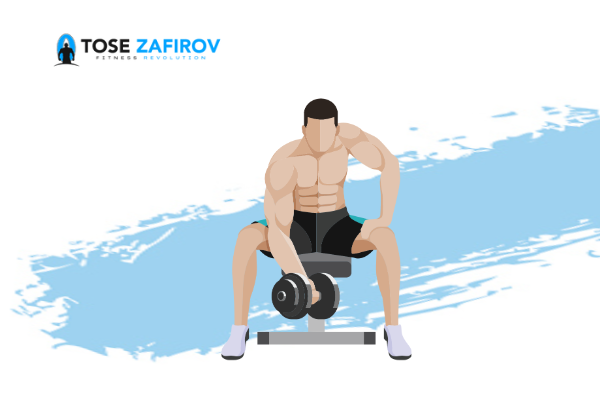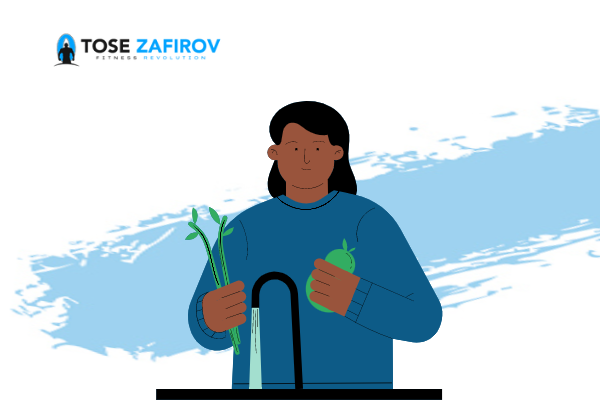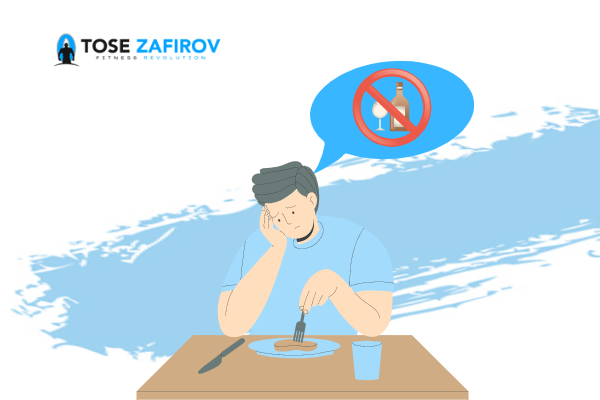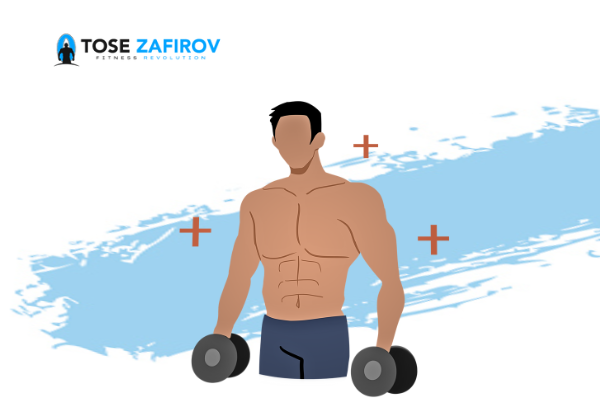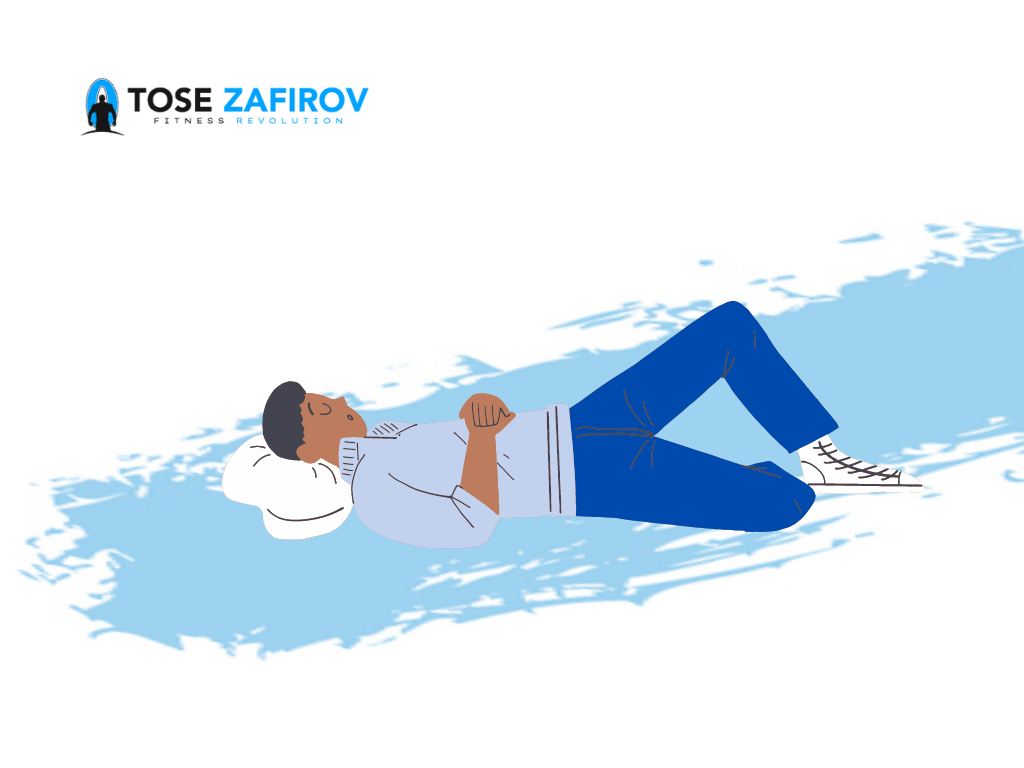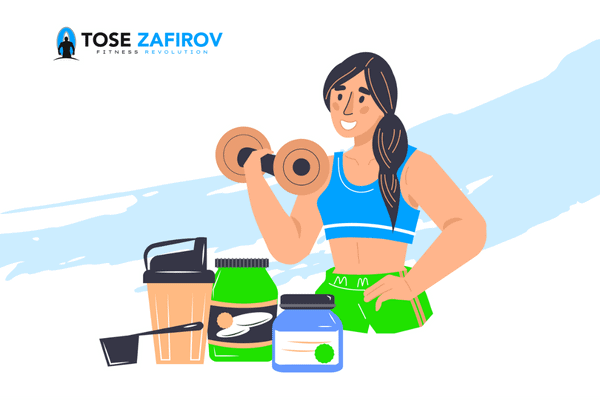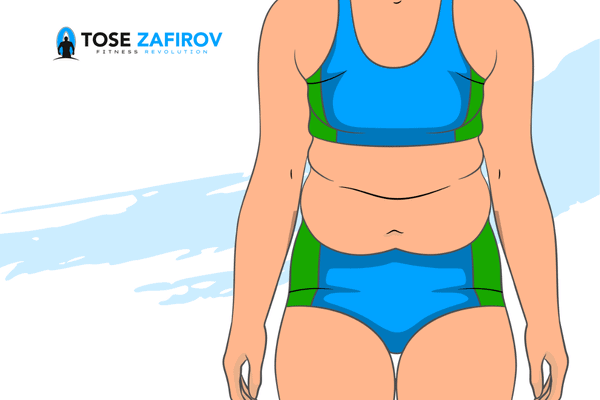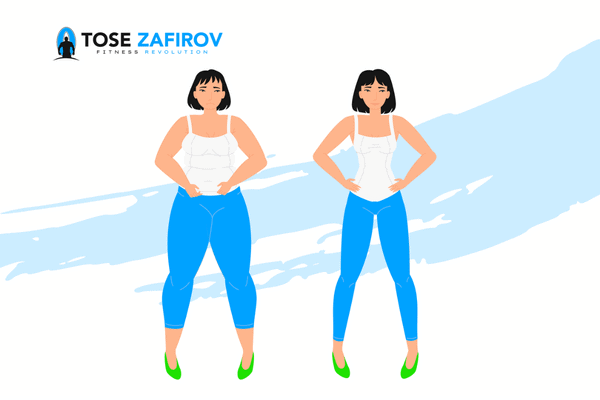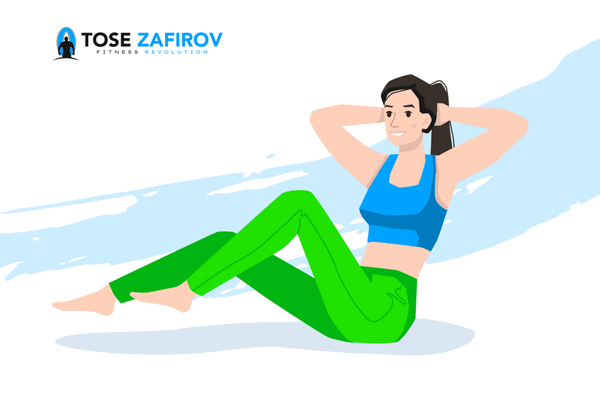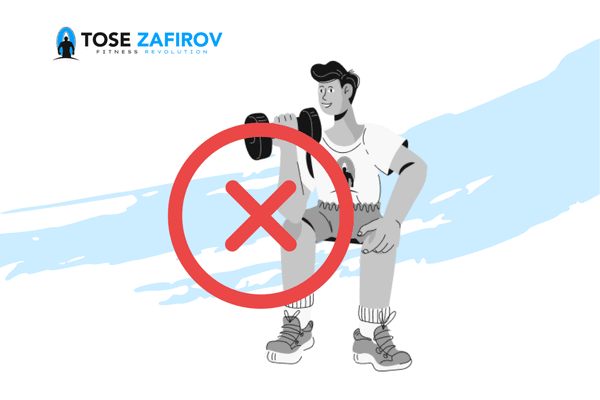When planning a workout, there’s a lot that goes into it to help you reach your goals.
As part of that effort, there’s a good chance you put a lot of thought into your pre-workout meal. But are you giving your post-workout meal the same attention? If not, it’s a good idea to do so. Consuming the right nutrients after exercise is just as important as eating before.
To help you optimize your nutrition after workouts, here is a detailed guide.
Key Takeaways:
- Eating after a workout helps replenish glycogen stores and rebuild muscle proteins faster.
- A combination of carbs and protein is essential for optimal post-workout recovery.
- Timing matters: Aim to consume a post-workout meal within a few hours, ideally including a mix of simple, easily digested foods.
- Stay hydrated: Drink water or electrolyte beverages to replace fluids lost during exercise and enhance recovery.
Eating after a workout is important
To understand how the right foods can help you after exercise, it’s important to learn how physical activity affects your body.
When you’re working out, your muscles use up their glycogen — the body’s preferred fuel source, especially during high intensity workouts. This results in your muscles being partially depleted of glycogen. Some of the proteins in your muscles can also be broken down and damaged.
After your workout, your body rebuilds glycogen stores and regrows those muscle proteins. Eating the right nutrients soon after you exercise can help your body get this done faster. It’s especially important to eat carbs and protein after your workout.
- Doing this helps your body:
- decrease muscle protein breakdown
- increase muscle protein synthesis (growth)
- restore glycogen stores
- enhance recovery
Note
Protein, carbs, and fat
Each macronutrient — protein, carbs, and fat — is involved in your body’s post-workout recovery process. That’s why it’s important to have the right mix.
The timing of your meals is also important. Sports nutrition researchers have been studying nutrient timing for more than 40 years. These days, experts rely on a mix of older and newer studies to make recommendations .
Protein helps repair and build muscle
Exercise triggers the breakdown of muscle protein. The rate at which this happens depends on the exercise and your level of training, but even well-trained athletes experience muscle-protein breakdown .
Consuming an adequate. It’s recommended to split up your protein intake across the entire day, at 3-hour intervals. So you’ll want to eat protein as part of small meals spaced throughout the day. Depending on your body weight, 20-40 grams of protein every 3 to 4 hours is recommended.
Studies have shown that ingesting 20–40 grams of protein seems to maximize the body’s ability to recover after exercise .
In addition, eating protein before exercise may decrease the amount you need to eat after without affecting recovery .
One study found that eating protein pre-workout and post-workout has a similar effect on muscle strength, hypertrophy, and body composition changes .
But if you’re specifically aiming to build muscle, eating high quality protein within the first 2 hours after a workout may stimulate your body to create the building blocks for new muscle tissue .
Carbs help with recovery
Your body’s glycogen stores are used as fuel during exercise, and consuming carbs after your workout helps replenish them.
The rate at which your glycogen stores are used depends on the activity. For example, endurance sports cause your body to use more glycogen than resistance training. For this reason, if you participate in endurance sports (running, swimming, etc.), you might need to consume more carbs than someone engaging in weightlifting.
Eating a high carb diet of 3.6-5.5 grams of carbs per pound (8-12 grams per kilogram [kg]) of body weight each day can help you maximize your glycogen stores .
Furthermore, insulin secretion, which promotes glycogen synthesis, is better stimulated when carbs and protein are consumed at the same time .
Therefore, consuming carbs and protein after exercise can maximize protein and glycogen synthesis .
Early studies found benefits from consuming the two in a ratio of 3 to 1 (carbs to protein). For example, that’s 40 grams of protein and 120 grams of carbs .
When rapid recovery is necessary (under 4 hours), current recommendations suggest a similar ratio. Specifically, you can help restore glycogen faster by consuming 0.4 grams of carbs per pound of body weight (0.8 grams of carbs per kg) with 0.1-0.2 grams of protein per pound of body weight (0.2-0.4 grams of protein per kg) during each hour of recovery .
Recommendations for carb intake are targeted to the needs of endurance athletes. If you’re focused on resistance training, you may need less.
What’s more, most studies on this topic involve only male athletes, so it’s unclear whether female athletes may have different intake needs.
Fat may provide some benefits
There is not enough evidence to say whether you should limit fat intake after a workout (1).
Many people think that eating fat after a workout slows digestion and inhibits the absorption of nutrients. While fat might slow down the absorption of your post-workout meal, it may not reduce its benefits. For example, a study showed that whole milk was more effective at promoting muscle growth after a workout than skim milk .
Moreover, another study showed that muscle glycogen synthesis was not affected even when ingesting a high fat meal (45% energy from fat) after working out .
Having some fat in your post-workout meal may not affect your recovery. But more studies are needed on this topic.
Note
A post-workout meal with protein and carbs will enhance glycogen storage and muscle protein synthesis. Consuming a ratio of 3 to 1 (carbs to protein) is a practical way to achieve this.
The timing of your post-workout meal matters
Your body’s ability to rebuild glycogen and protein is enhanced after you exercise .
For this reason, it’s recommended that you consume a combination of carbs and protein as soon as possible after exercising. In the past, experts recommended eating your post-workout meal within 45 minutes, as a delay of carb consumption by as little as 2 hours after a workout may lead to as much as 50% lower rates of glycogen synthesis .
However, more recent research has found that the post-exercise window to maximize the muscular response to eating protein is wider than initially thought, up to as many as several hours.
Also, if you consumed a meal rich in whole carbs and protein perhaps an hour before exercising, it’s likely that the benefits from that meal still apply after training .
Also, recovery is not just about what you consume directly after working out. When you exercise consistently, the process is ongoing. It is best to continue to eat small, well-balanced meals of carbs and protein every 3–4 hours .
Pro Tip
Eat your post-workout meal soon after exercising, ideally within a few hours. However, you can extend this period a little longer, depending on the timing of your pre-workout meal.
Foods to eat after you work out
The primary goal of your post-workout meal is to supply your body with the right nutrients for adequate recovery and maximize your workout’s benefits. Choosing easily digested foods will promote faster nutrient absorption.
The following lists contain examples of simple and easily digested foods:
Carbs
- sweet potatoes
- chocolate milk
- quinoa and other grains
- fruits (such as pineapple, berries, banana, kiwi)
- rice cakes
- rice
- oatmeal
- potatoes
- pasta
- whole grain bread
- Edamame
Protein
- animal- or plant-based protein powder
- eggs
- Greek yogurt
- cottage cheese
- salmon
- chicken
- protein bar
- Tuna
Fats
- avocado
- nuts
- nut butters
- seeds
- trail mix (dried fruits and nuts)
Sample post-workout meals and snacks
Combinations of the foods above can create great meals that give you all the nutrients you need after exercise.
Here are a few examples of quick and easy meals to eat after your workout:
- grilled chicken with roasted vegetables and rice
- egg omelet with avocado spread on whole-grain toast
- salmon with sweet potato
- tuna salad sandwich on whole grain bread
- tuna and crackers
- oatmeal, whey protein, banana, and almonds
- cottage cheese and fruits
- pita and hummus
- rice crackers and peanut butter
- whole-grain toast and almond butter
- cereal with dairy or soy milk
- Greek yogurt, berries, and granola
- protein shake and banana
- quinoa bowl with sweet potatoes, berries, and pecans
- whole grain crackers with string cheese and fruit
Make sure to drink plenty of water
It is important to drink plenty of water before and after your workout. Being properly hydrated ensures the optimal internal environment for your body to maximize results.
During exercise, you lose water and electrolytes through sweat. Replenishing these after a workout can help with recovery and performance .
It’s especially important to replenish fluids if your next exercise session is within 12 hours. Depending on the intensity of your workout, water or an electrolyte drink are recommended to replenish fluid losses.
Note
It is important to get water and electrolytes after exercise to replace what was lost during your workout.
The bottom line
Eating the right nutrients after exercise is vital for muscle repair, glycogen restoration, and overall recovery. Make sure to include a combination of carbs, protein, and fats in your post-workout meals and snacks, and don’t forget to stay hydrated for optimal results.

